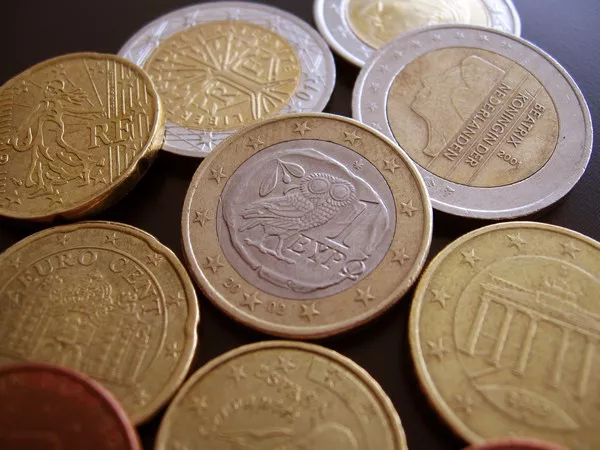An Analysis of Current Market Trends
The euro is one of the most widely traded currencies in the world, with a daily average turnover exceeding $2 trillion. As a result, any fluctuations in the value of the euro have a significant impact on global financial markets. In recent years, the euro has experienced significant volatility, leading many traders and investors to wonder whether it will continue to rise or fall.
In this article, we will analyze current market trends to provide an insight into the future of the euro. We will examine key factors that influence the value of the euro and assess both bullish and bearish scenarios for the currency.
Factors Influencing the Value of the Euro
There are several factors that impact the value of the euro, including political events, economic indicators, and monetary policy decisions. Here are some of the most significant factors that affect the euro’s value:
- Political Events: Political instability can cause significant fluctuations in the value of the euro. For example, concerns over Brexit caused the euro to fall against other major currencies in 2020. Similarly, the ongoing COVID-19 pandemic has led to a great deal of uncertainty, which has also impacted the value of the euro.
- Economic Indicators: Economic data such as GDP growth, inflation rates, and unemployment figures can also impact the value of the euro. For instance, a country with higher GDP growth and lower unemployment rates is likely to have a stronger currency.
- Monetary Policy: The policies set by central banks, particularly the European Central Bank (ECB), can significantly impact the value of the euro. Changes in interest rates, quantitative easing, or other monetary policy decisions can lead to changes in the value of the euro.
- Global Market Trends: Global market trends can also influence the value of the euro. For example, a decline in demand for commodities such as oil can lead to a weakening of the euro against other currencies.
Bullish Scenario for the Euro
There are several reasons why the euro may rise in value over the coming months and years. Here are some of the key factors that could lead to a bullish scenario for the currency:
- Positive Economic Data: Recent economic data from the Eurozone has been positive, with GDP growth exceeding expectations in Q1 2023. This increase in economic activity is likely to boost the value of the euro.
- ECB Monetary Policy: The ECB has taken an accommodative stance towards monetary policy, maintaining low-interest rates and continuing its quantitative easing program. These policies have provided support for the economy and helped to stabilize the euro.
- Political Stability: Although there are still concerns about the ongoing COVID-19 pandemic and geopolitical tensions, political stability within the Eurozone has generally improved in recent months. This increased stability is likely to benefit the euro.
Bearish Scenario for the Euro
Despite positive indicators, there are also several factors that could lead to a bearish scenario for the euro. Here are some of the key reasons why the euro may fall in value:
- Geopolitical Tensions: Ongoing tensions between major world powers such as the US, China, and Russia could lead to a decline in demand for the euro, particularly if investors seek safer assets such as the US dollar or Swiss franc.
- Inflation Concerns: Inflation rates in the Eurozone have risen in recent months, leading to concerns that the ECB may need to raise interest rates. This move could lead to a decline in the value of the euro.
- COVID-19 Pandemic: Although many countries are beginning to recover from the COVID-19 pandemic, it remains a significant threat to global economic stability. A resurgence in cases or the emergence of new variants could lead to a decline in demand for the euro.
Conclusion
Overall, predicting the future value of the euro is a complex task that involves analyzing a range of economic, political, and social factors. While there are certainly risks that could lead to the euro falling in value, there are also many positive indicators that suggest the currency may continue to rise.
Investors should carefully consider their own individual financial goals and risk tolerance before making any decisions about buying or selling the euro. As always, it is essential to consult with a financial advisor before making any significant investment decisions.
In conclusion, while the future of the euro remains uncertain, staying informed about current market trends and paying attention to key indicators can help investors make informed decisions about their portfolios.


